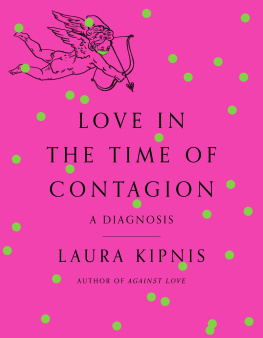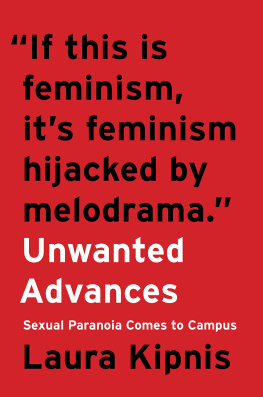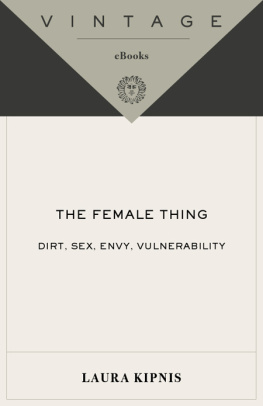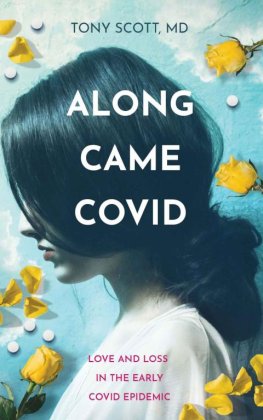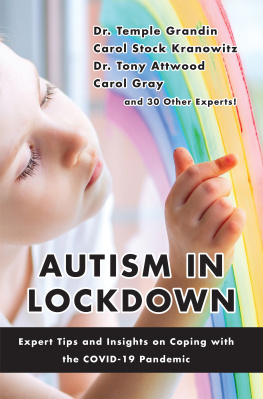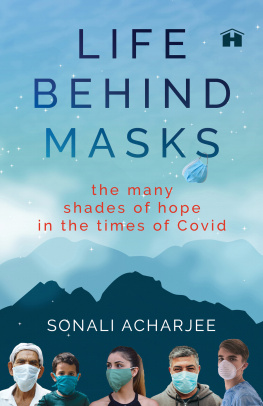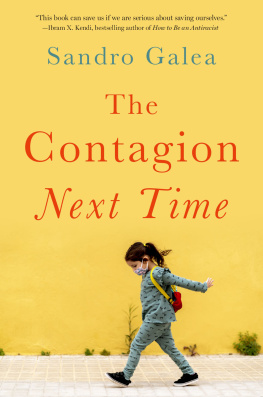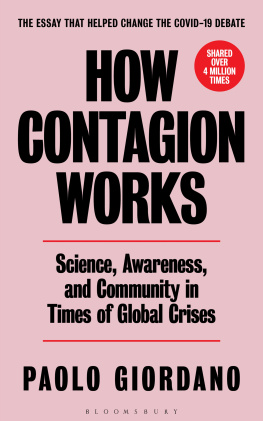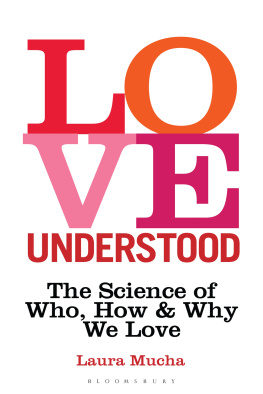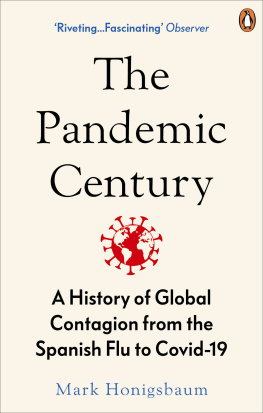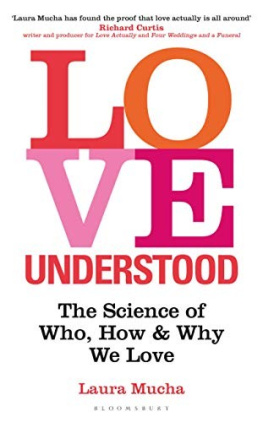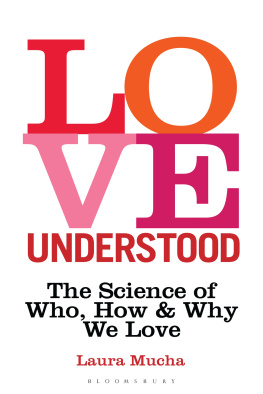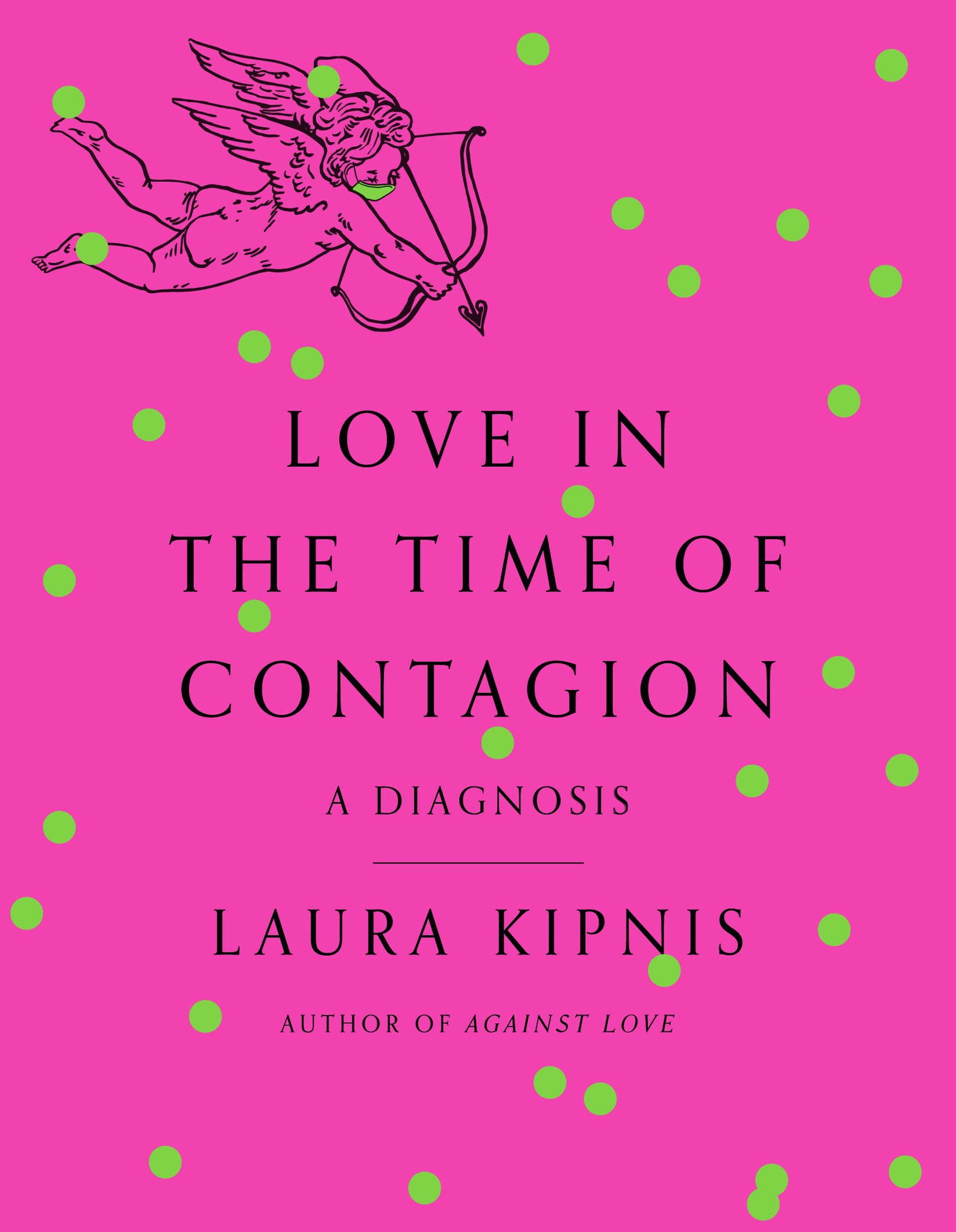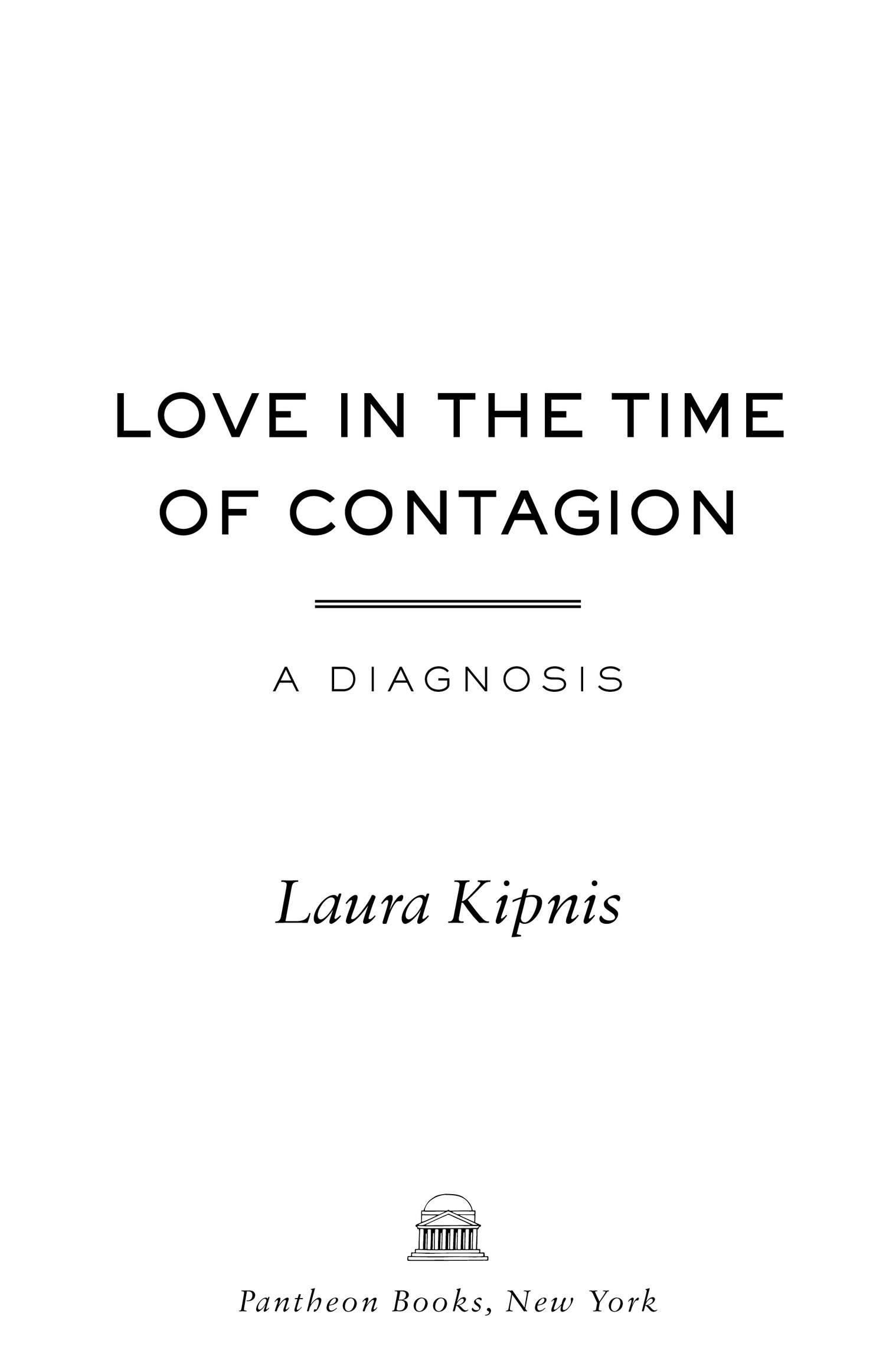Also by Laura Kipnis
Unwanted Advances: Sexual Paranoia Comes to Campus
Men: Notes from an Ongoing Investigation
How to Become a Scandal: Adventures in Bad Behavior
The Female Thing: Dirt, Envy, Sex, Vulnerability
Against Love: A Polemic
Bound and Gagged: Pornography and the Politics of Fantasy in America
Ecstasy Unlimited: On Sex, Capital, Gender, and Aesthetics
Some names and identifying details of certain people mentioned have been changed.
Copyright 2022 by Laura Kipnis
All rights reserved. Published in the United States by Pantheon Books, a division of Penguin Random House LLC, New York, and distributed in Canada by Penguin Random House Canada Limited, Toronto.
Pantheon Books and colophon are registered trademarks of Penguin Random House LLC.
Library of Congress Cataloging-in-Publication Data
Name: Kipnis, Laura, author.
Title: Love in the time of contagion : a diagnosis / Laura Kipnis.
Description: First edition. New York : Pantheon Books, 2022
Identifiers: LCCN 2021025766. ISBN 9780593316283 (hardcover) ISBN 9780593316290 (ebook)
Subjects: LCSH: LoveHistory21st century. SexHistory21st century. Dating (Social customs)History21st century. COVID- Pandemic, 2020
Classification: LCC HQ801 .K559 2022 | DDC 306.73dc23
LC record available at lccn.loc.gov/2021025766
Ebook ISBN9780593316290
www.pantheonbooks.com
Cover illustration: Cupid P.S. Art-Design-Studio / Shutterstock
Cover design by Linda Huang
ep_prh_6.0_139121904_c0_r0
To J.
What is it that I especially find unendurable?
That I cannot cope with, that makes me choke and faint?
Bad air! Bad air!
Friedrich Nietzsche, On the Genealogy of Morals
Contents
1.
LOVE AND EXTINCTION
If youre reading this you recently survived a massive worldwide extinction event, congratulations. Too many didnt. Have a nice big helping of residual simmering rage (so great for the immune system!) at being abandoned by our leaders, at the profiteers and incompetents and liars, at a cleverly murderous microscopic entity that wants to exploit you as a host and strip your organs for parts. Along with the grief about everything that was lost. About everyone who was lost.
On another but not entirely unrelated subject, hows your love life? No doubt living through an extended planetary contagion will be infecting our relation to other peoples bodies and droplets for years or decades to come. A deadly virus alters your sense of what gets transmitted between people and what threats they pose, probably long after the pathogen itself gets beaten down (and apparently were not getting back to status quo existence anytime soon). Will the cultural afterlife of COVID- be as enduring as the long afterlife of AIDS, which reshaped consciousness about sex, love, and body fluids for decades, well after the HIV virus itself was subdued by medical science and a generation of new antiretroviral drugs made AIDS a chronic disease instead of a fatal one? As everyone not insane is hoping the new COVID vaccines will likewise do, fiendish mutations notwithstanding.
But its not just viruses that mutate, so do we. Our emotions mutate, our relationships mutate. Maybe our ideas about love and what we need or can realistically give another person have mutated. Were different than we were before, including at the cellular level. Were cohabiting with something malevolentfor how long? Everything important is uncertain. How much that shifts the interpersonal calculus is another of the unknowns: we live our lives in profile, were always catching up to ourselves, violent emotions descend from nowhere derailing you (they call it trauma)but sure, lets hope and pray that herd immunity and mass vaccinations will make life normal again, leaving just the political fractures and cultural hatreds and economic carnage to deal with.
History will obviously have more to say on these subjects, though what may not make it into the official record is how seemingly non-intimate public eventsa sociopathic president, the imminent threat of infrastructural collapseseep into your actual intimacies like runoff from a backed-up sewer, or that the imperiled condition of liberal democracy might mean that if it were ever possible to sustain a deep human connection between two individuals (a balancing act between intimacy and disgust in the best of times), feeling expendable isnt especially conducive to the enterprise. It has ripple effects. Its not as though love takes place in a bubble. To put it in social science-y language: partnered bonding behaviors along with solo and partnered sexual behaviors were not unaffected, even if you didnt contract the actual disease. Factor in the residual symptoms for those who did. Factor in the economic hits, the loneliness (two-thirds of people said they felt more lonely, coupled or not), the protracted homeschooling ordeals and magnified household neurosis, or fill in your own particulars here.
Is it only me or is there a lingering sense that other people feel, wellmore encroaching than they used to, even post-vaccination? Just seeing news photos of milling unmasked strangers still gives the risk-averse agita. Do you find yourself recoiling from nearness, in public of course, but maybe in private too? Its not just that other peoples variant-laden aerosolized respiratory particles might waft your way right as youre inhaling, but once you committed to washing your hands a dozen times a day, now youre a handwasher, right? Its an ontological state, an internal cordon sanitaire. Women turned out to be more dedicated handwashers than men, by the waygender is so insidious.
Back when the virus hit and shutdown commenced, maybe you were coupled, maybe flying solo, maybe some covert or indecisive combination of the two, but when the music stopped we were all face-to-face with our romantic choices and compromises, like it or not. If solo, say hello to the voices in your head, you and they were going to be spending a lot of time together. For those who couldnt endure that prospect there were improvised domestic pods and ad hoc polycules, platonic and otherwise. If previously coupled, say hello to your emotional bargains, in fact say hello to them twenty-four hours a fucking day, since 80 percent of the global workforce were furloughed or working at home. Anxieties and needs were ramped way up, often taking peculiar forms. A friends partner insisted on washing the lettuce with soap for a solid year, despite every new finding that fomite transmission was not a thing. Okay sure, lettuce has to be washed, but does it have to be washed with soap? Doesnt it taste like soap no matter how much you rinse it? I wondered if the partner unconsciously wished to wash my friends mouth out with soap, and about all the other subterranean forms of interpersonal violence the novel coronavirus was providing cover for. Whats a rational precaution, whats an irrational bulwark against the unknown, and whats a thin excuse for payback? Wouldnt lettuce washed with soap taste like a reprimand disguised as a salad? Like your contempt for me on a plate?
Its in the nature of a plague that everything becomes allegorical; as in the Middle Ages, so too in the COVID years. There was so much to interpret: so many data points, so many fault lines, love foremost among them, whether you clung to it, quested for it, or just gave up. Humans invariably represent whats invisiblelove, pain, evil, deathin picturable ways, said C. S. Lewis. Freud called it displacement: why do we argue about how the dishwasher is loaded when the real outrage is that theres been no sex for a month? (See his chapter on dishwasher-loading arguments in

